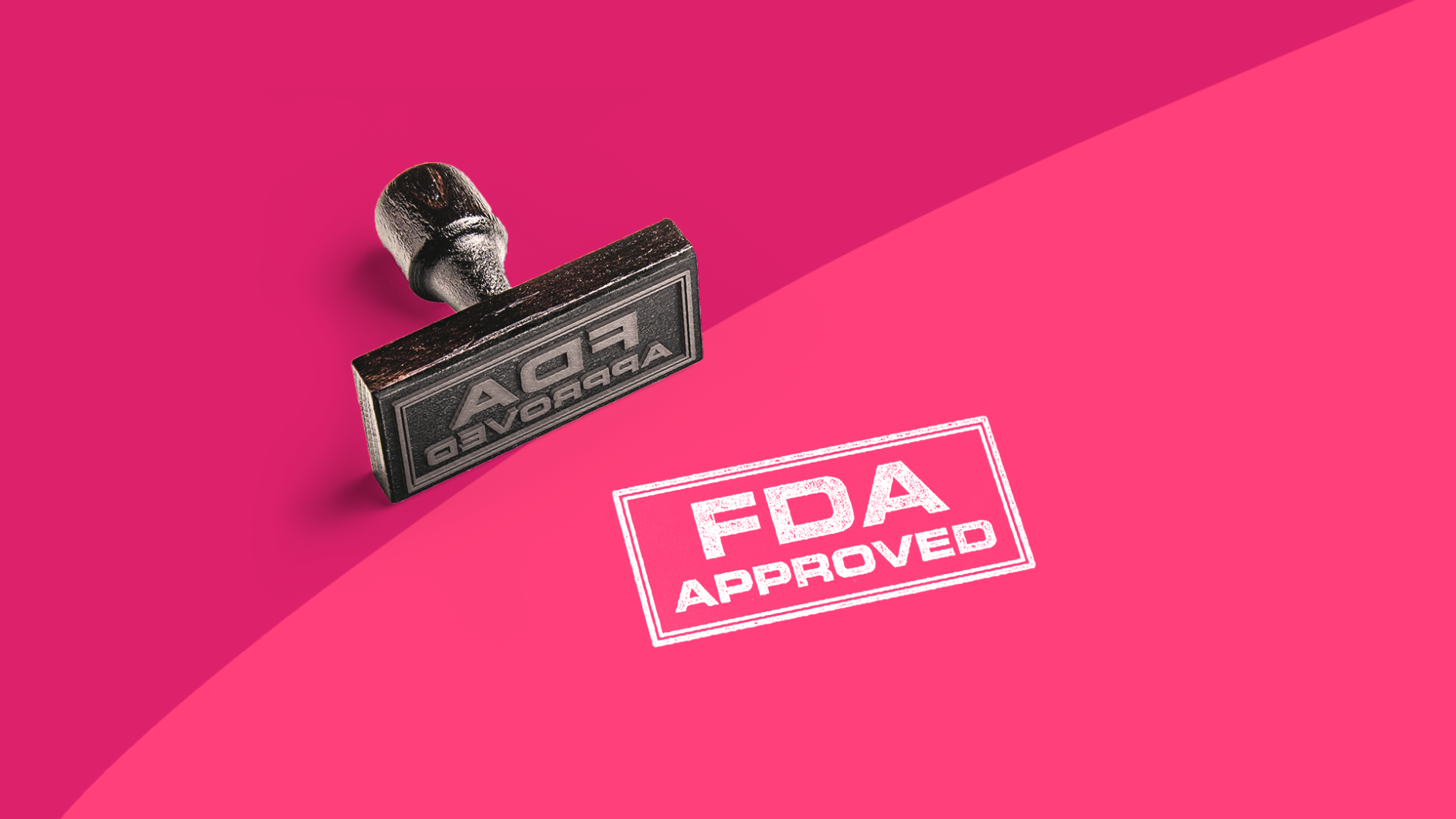On Nov. 17, the U.S. Food and Drug Administration (FDA) approved the first drug to delay the onset of Type 1 diabetes. Tzield (teplizumab-mzwv), manufactured by Provention Bio, “adds an important new treatment option for certain at-risk patients,” John Sharretts, MD, director of the Division of Diabetes, Lipid Disorders, and Obesity in the FDA’s Center for Drug Evaluation and Research, said in a statement. “The drug’s potential to delay clinical diagnosis of Type 1 diabetes may provide patients with months to years without the burdens of disease.”
Tzield received priority review from the FDA, a status given to drugs with the potential for “significant improvement” in the treatment, diagnosis, or prevention of a serious condition. The drug is also considered a Breakthrough Therapy, a designation meant to expedite the development and review of drugs that can “demonstrate substantial improvement over available therapy.”
How Tzield works
Type 1 diabetes is one of three main types of diabetes: Type 1, Type 2, and gestational diabetes, which only affects pregnant people. Type 2 is the most common type of diabetes. According to the Centers for Disease Control and Prevention (CDC) and JDRF, there are more than 37 million people with diabetes (about 90 to 95% of which have Type 2 diabetes) and about 1.45 million people living with Type 1 diabetes in the United States.
Type 1 diabetes develops when the body no longer produces enough of the hormone known as insulin—or any insulin—to help move sugar from the bloodstream into the body’s cells to use for energy. People with Type 1 diabetes must take insulin to replace what their body can’t produce. It’s considered an autoimmune disease because the immune system attacks the beta cells in the pancreas that produce insulin.
Tzield works by binding to certain immune system cells and preventing them from attacking the beta cells in the pancreas, while also increasing cells that can help moderate the immune response. It’s given by intravenous infusion once a day for 14 consecutive days.
People who take Tzield may experience some side effects, such as decreased levels of the type of white blood cell known as lymphocytes, headache, and rash. They’re also advised to receive all age-appropriate vaccinations before they receive this treatment and undergo monitoring for certain symptoms.
RELATED: Type 1 vs. Type 2 diabetes
Why Type 1 diabetes prevention matters
While fewer people have Type 1 diabetes, it tends to develop earlier in life. Type 1 diabetes can develop at any age, but it tends to appear more often within two particular windows of time: between ages 4 and 7, and between ages 10 and 14. By comparison, Type 2 diabetes is more commonly diagnosed after age 45, although there are growing numbers of children and teens who are being diagnosed with Type 2 diabetes.
Unfortunately, an earlier age of onset means your body will have more time to develop certain kinds of complications associated with high blood sugar levels. For example, over time, diabetes can damage your blood vessels and even some of your nerves, causing neuropathy in your feet and hands. One serious long-term complication of diabetes is diabetic eye disease, which can lead to vision loss if you don’t work hard to keep your blood sugar levels under control. Over time, people with diabetes are also more likely to develop heart disease and kidney disease.
Delaying the onset becomes key to stave off those potential long-term complications. That’s where Tzield comes in. Type 1 diabetes progresses in three stages:
- Stage 1: Although no symptoms are present and blood sugar levels are still normal, the body’s immune system has started attacking the beta cells that produce insulin in the pancreas. In Stage 1, two or more diabetes-related autoantibodies are present.
- Stage 2: During this stage, the blood sugar levels begin to rise, due to a loss of the insulin-producing beta cells. Two or more diabetes-related autoantibodies are still present, but there are often no symptoms in Stage 2.
- Stage 3: Symptoms such as increased thirst, unexplained weight loss, increased urination, blurred vision, and fatigue may occur due to a significant loss of beta cells. Some patients are diagnosed with Type 1 diabetes when they are hospitalized with a life-threatening condition called diabetic ketoacidosis (DKA).
(Children typically progress through the three stages faster than adults do.)
RELATED: Your child is diagnosed with Type 1 diabetes. What now?
As the FDA’s approval noted, Tzield is intended to be used to delay the onset of the third stage.
Who can take Tzield?
Tzield will be available to help adults and children ages 8 and older who currently have stage 2 Type 1 diabetes so they can delay that final stage—and the onset of Type 1 diabetes.
“This is a historic occasion for the T1D community and a paradigm shifting breakthrough for individuals aged 8 years and older with Stage 2 T1D who now have a therapy approved by the FDA to delay the onset of Stage 3 disease,” Ashleigh Palmer, co-founder and CEO of Provention Bio, said in a statement. “It cannot be emphasized enough how precious a delay in the onset of Stage 3 T1D can be from a patient and family perspective; more time to live without and, when necessary, prepare for the burdens, complications and risks associated with Stage 3 disease.”
Tzield availability and cost
Tzield is priced at $13,850 per vial, a total cost of $193,900 for a full 14-day course of treatment. The out-of-pocket cost to patients will vary depending on insurance coverage. Provention Bio offers financial assistance options to eligible patients. It is expected to be available by the end of 2022.




